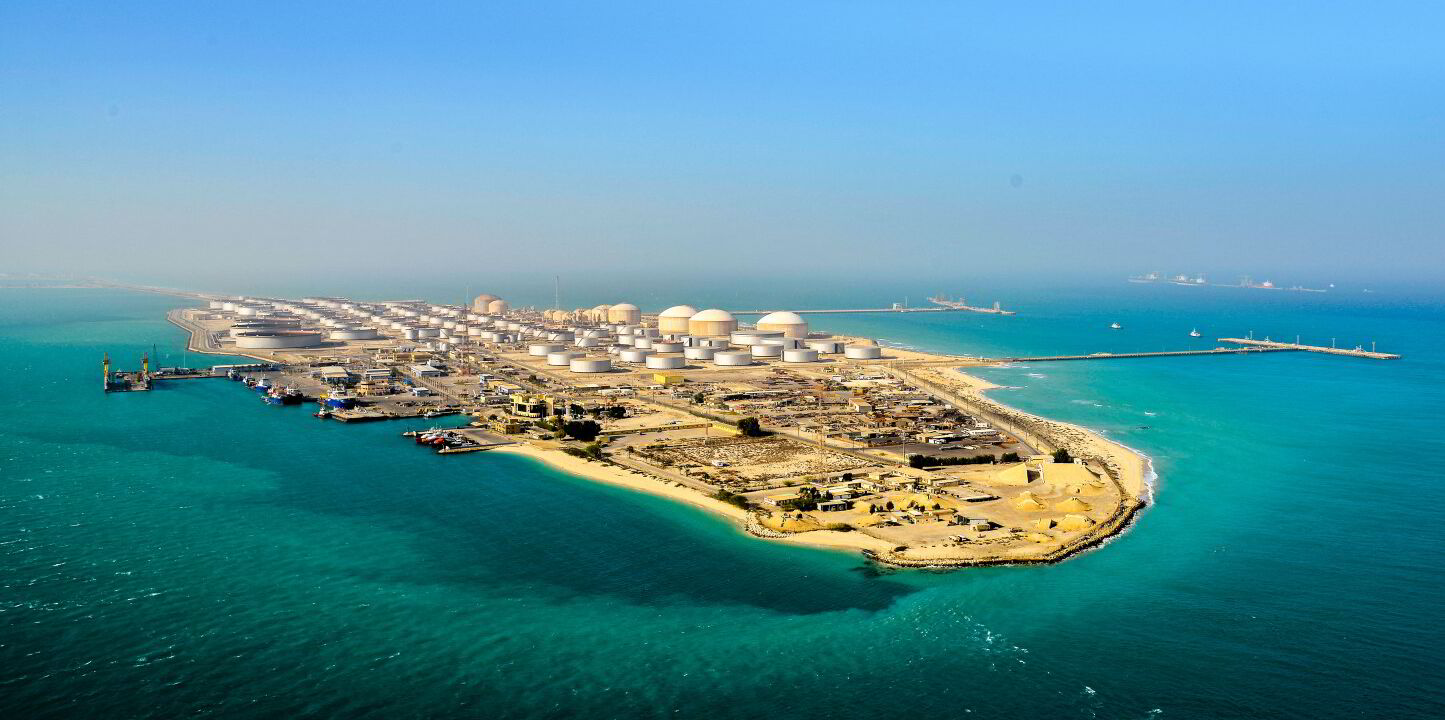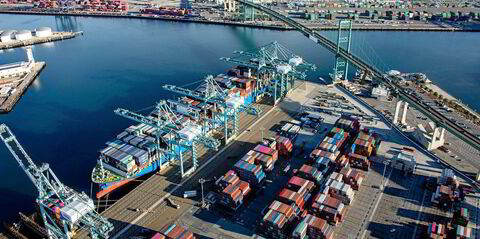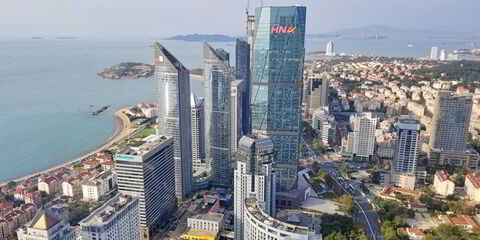Rising sea levels threaten to overwhelm 13 of the world’s most important tanker ports, a new report has warned.
An increase of just one metre would cause serious damage to terminals, according to the International Cryosphere Climate Initiative (ICCI).
Its research noted the “irony” of climate change impinging on a sector responsible for a huge carbon output from burning fossil fuels.
The major Saudi Arabian ports of Ras Tanura and Yanbu are particularly vulnerable in their low-lying positions, analysis showed.
The Saudi Aramco-owned terminals account for 98% of the producer’s exports.
Data from Climate Central and Google Maps was used to demonstrate that jetties, oil storage facilities, refineries and other infrastructure would be damaged.
The ICCI said these terminals shipped out $214bn of oil in 2023.
Also on the list are Houston and Galveston in the US, the world’s biggest oil producer.
Singapore, the United Arab Emirates and China also feature on the list.
Rotterdam in the Netherlands and Ust-Luga in Russia are also at risk, the research suggests.
The 13 ports handled about 20% of global exports in 2023.
The Guardian newspaper reported that a rise of one metre could come as early as 2070 if ice sheet collapses continue at their current rate.
ICCI director Pam Pearson told the newspaper: “It’s ironic these oil tanker ports are below one metre of sea level rise and need to have their eyes on these potentially higher rates of sea level rise, which themselves come from continued fossil fuel use.”
She argued government and corporate short-term interests meant the issue was being overlooked.
“Basic information” does not seem to have permeated the consciousness of governments, she said.
The ICCI said moving to renewable energy is vital to halt global warming.





